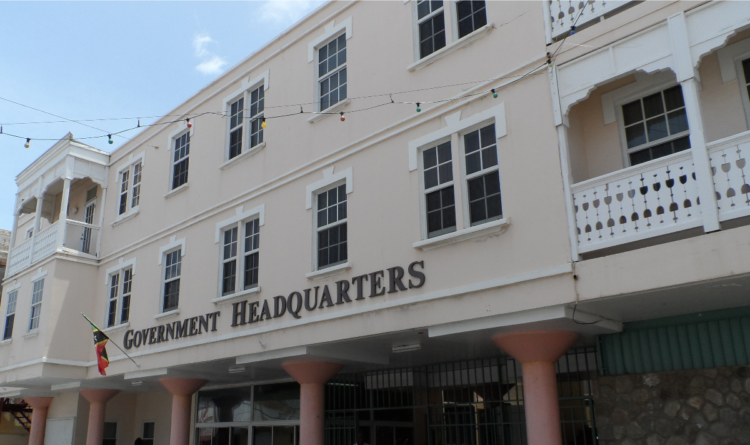Government Confirms Continuation of Current Travel Per Diem Rates
The Government of Saint Kitts and Nevis has issued a clarification regarding its travel per diem policy for government officials, emphasizing that the policy remains unchanged since its establishment in 2008. This clarification aims to address persistent misinformation circulating in the public domain, particularly regarding the per diem rates for government ministers. The government underscores that the existing policy, as outlined in Ministry of Finance Circular No. 09/2008, continues to dictate all official travel expenditures and has not been altered. The government expressed concern over the spread of false information, emphasizing the importance of relying on official sources for accurate information.
The 2008 policy outlines specific per diem rates for various categories of government officials. Ministers of Government receive a fixed allowance of US$100 (EC$270) per day for all official travel, regardless of the destination. This fixed rate applies consistently to all ministerial travel and does not fluctuate based on location. The policy differentiates per diem rates for Permanent Secretaries and Ambassadors based on their travel destination. For travel within the Caribbean Community (CARICOM), they receive EC$350 per day. For travel outside the CARICOM region, the rate increases to EC$425 per day. This distinction reflects the potentially higher costs associated with travel to non-CARICOM destinations.
Other civil servants, excluding ministers, Permanent Secretaries, and Ambassadors, are subject to a different per diem structure. For travel within CARICOM, they receive EC$300 per day. For travel outside CARICOM, the rate is slightly higher at EC$350 per day. This tiered approach to per diem allowances reflects the government’s effort to manage travel expenses while ensuring that officials have adequate resources for their official duties. The policy further stipulates that the per diem rates are subject to reduction for trips exceeding 14 days. This measure encourages cost-consciousness for extended travel periods. Additionally, the policy expressly prohibits the payment of per diems for trips that are fully sponsored by external entities. This provision prevents double-dipping and ensures responsible use of public funds.
The government has expressed concern over the spread of misinformation regarding travel expenses, particularly allegations that ministers receive a significantly higher per diem of US$1,000 per day. The government categorically denies these claims, stating that they are entirely false and misrepresent the actual expenditures. The dissemination of such inaccurate information undermines public trust and distorts factual discourse, hindering informed discussions about government spending. The government encourages citizens to seek accurate information from official channels rather than relying on unverified sources.
To facilitate public access to accurate information, the government recommends several official sources for verification. These include the St. Kitts and Nevis Information Service (SKNIS), the Ministry of Finance, the Attorney General’s Chambers, and the Information Commissioner. These entities provide reliable information about government policies and expenditures. Additionally, the public can utilize the Freedom of Information (Amendment) Act, 2024 (No. 18 of 2024). This act guarantees public access to government records and provides an independent oversight mechanism through the Information Commissioner. By utilizing these resources, citizens can obtain verified information and participate in informed discussions about government policies and practices.
The government’s emphasis on transparency and access to information underscores its commitment to accountable governance. By providing clear guidelines for per diem allowances and encouraging public access to official information, the government aims to foster a climate of trust and open dialogue. The government’s proactive approach to addressing misinformation and promoting access to verified information serves as a valuable model for ensuring transparency and accountability in public administration. The government urges all citizens to be discerning consumers of information and to rely on official channels for accurate details regarding government policies and expenditures. This responsible approach to information consumption will contribute to a more informed public discourse and strengthen the principles of democratic governance.
Share this content:












Post Comment